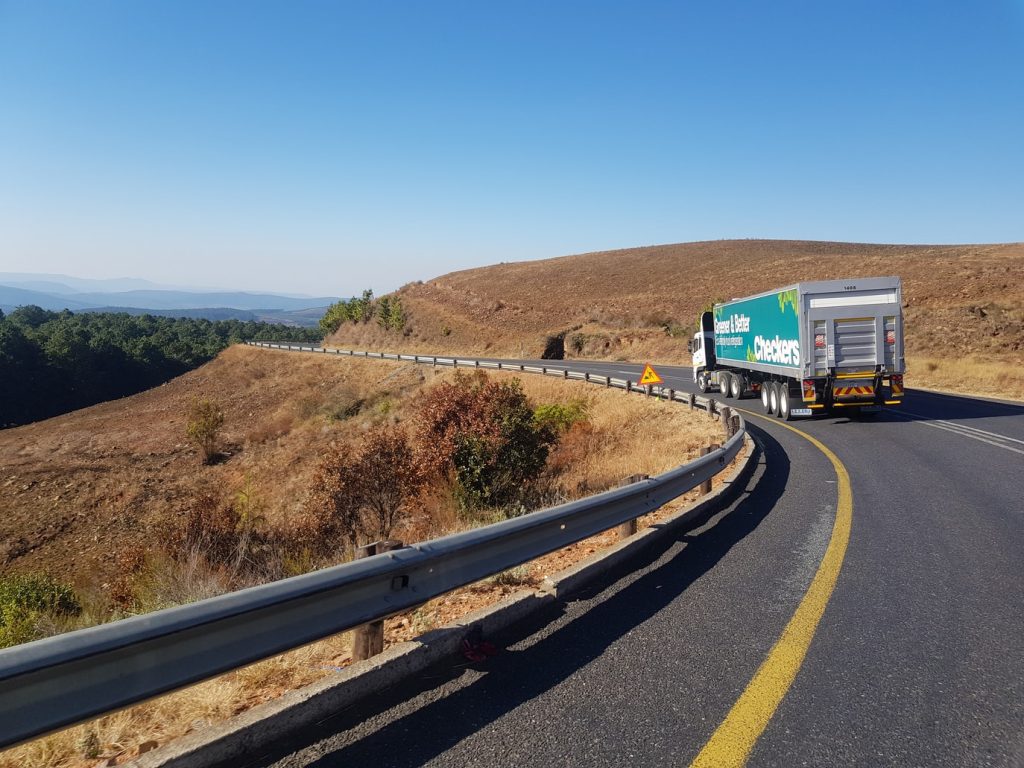Fleet management plays a key role in business’ growth and success. Whether it is managing the client list, contacts or communicating relevant information about prices and offers to customers on time, fleet management can help you achieve all of these goals and more. Implementing effective fleet monitoring solutions will enable businesses with the tools they need to meet their goals, increase productivity and profit, as well as identify new opportunities.
What is fleet management?
Fleet management consists of several different levels. It varies from the tracking of vehicles, communication with drivers and dispatching services. This may seem like a complicated task, but when you have all of these things in one place, you can easily manage all of these needs. This means that when your drivers need to communicate with you about the vehicle or when they need fuel for example, you will be notified instantly through your fleet management system.
Fleet management is beneficial to business owners in several ways. For companies consisting of one or a few vehicles, it can provide the tools necessary to meet their goals. For managers, it can simplify your operations and enhance your bottom line through increased productivity and efficiency. Your business’ growth is important, which means you will need reliable fleet monitoring solutions in place for this to happen.
What are the benefits of using a fleet management system?
There are many benefits of using a fleet management system. The most important one is it increases productivity and efficiency. When you use a software that enables truck GPS tracking with cam, you will be able to track your vehicles in real time; whether it is driver location or vehicle fuel levels. You can also send information to drivers through the system, like customer contact details for example. This way, if the client needs something, your driver will have all the details at their disposal.
Dispatchers are also able to keep track of vehicles, so they know exactly where to send them. You can track GPS signals for example, or you can do it manually by using the built-in map in your fleet management system. When the dispatcher knows where vehicles are and how far away they are, they can plan accordingly. Dispatchers can also see all of the vehicles on a map in real-time which is an added benefit that dispatchers enjoy.
Communication with drivers is another task simplified through fleet management software. You can keep your entire team up to date about everything going on, so they will know what to do and when. This will save time and money as well, such as fuel costs for example, since you don’t have to wait for information about the vehicle to pass hands with multiple people.
Business owners can also keep track of their vehicles’ maintenance with this software. With an easy-to-use interface, business owners can check on their vehicles at any time of day or night. You can know immediately if there are issues with any of your vehicles, so they will be attended to on time. This way you won’t have to deal with breakdowns and problems on the road.
This software also allows business owners to manage their company’s contact list and client information. Drivers can easily make changes without the need to email or call clients. It also allows business owners to communicate important information about prices and offers, or other types of information that need to be disseminated quickly to their entire list of contacts.
The fleet management system can give you all of this, plus much more! Whether it is an efficient route-tracking tool or a maintenance schedule generator, the fleet management software can provide it all. It will also enable you and your team to save time and increase productivity exponentially.
Real-time tracking is beneficial for many reasons. The most important benefit is safety. When you know where your drivers are at any given moment, you can avoid issues such as breakdowns and accidents. Fleet management systems provide real-time tracking so you can see the location of all vehicles at any time, wherever they are in the world. You can also access information about driver activities, like if they have turned off their vehicle or if they need fuel and more. This way your drivers will not waste time on the road, and you won’t send them on errands that can wait.
Another benefit is increased efficiency. When your drivers are on the move, they don’t have to stop at gas stations for example. They will know where their next partner or customer is located along with contact information; all of which will be accessible through the system. This way you will save money by eliminating the need for time-consuming procedures such as stopping at gas stations.
Fleet monitoring is an aspect or function of fleet management that ensures that a company’s assets are properly monitored and tracked in real-time, as well as providing important data that can be used to improve the overall efficiency of a fleet. Asides from these, it allows managers to identify issues before they become larger problems, and can help reduce costs by improving fuel efficiency and preventing accidents.








